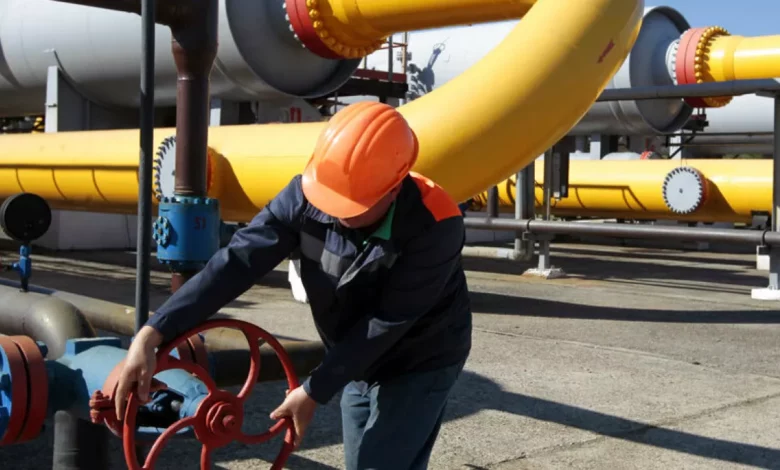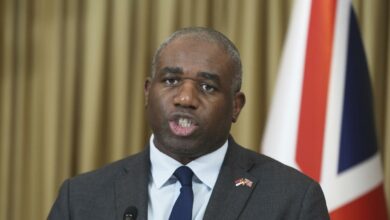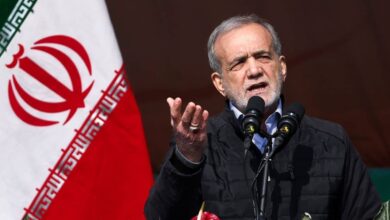
Although Ukraine and Western nations’ proclaimed aim in refusing to extend the gas transit agreement is a material blow to the Russian economy, the actual effects will be strategic, economic, and symbolic for all of Europe.
On Wednesday, natural gas flow from Russia to Europe through the Urengoy-Pomary-Uzhgorod pipeline came to a stop after a five-year-old pre-war agreement between Russia and Ukraine lapsed due to the Ukrainian government’s refusal to renew it.
The pipeline was built in the Soviet era to carry Siberian gas to European markets. With the long-awaited stoppage of the gas carriage through the pipeline, Russia’s last remaining major energy supply corridor to Europe closed. Earlier in 2022, the Nord Stream pipeline to Germany was sabotaged—the needle of suspicion is on Ukraine—and after that, a route through Belarus to Poland was closed.
However, Russia can still supply gas to Hungary, Turkey, and Serbia through the TurkStream pipeline across the Black Sea.
Ukrainian President Volodymyr Zelensky announced the decision to terminate the transit agreement, saying that his country would not allow Russia to earn additional billions on Ukrainian blood.
Zelensky had been warning for months that he would not renew the pre-war contract, which expired at midnight on December 31, because of Russia’s full-scale invasion of Ukraine.
Kyiv’s decision to cut off the flow of gas through a pipeline that has carried Soviet and then Russian gas to Europe for decades is part of a wider campaign by Ukraine and its Western allies to undermine Moscow’s ability to fund its war effort and limit the Kremlin’s ability to use energy as leverage in Europe.



